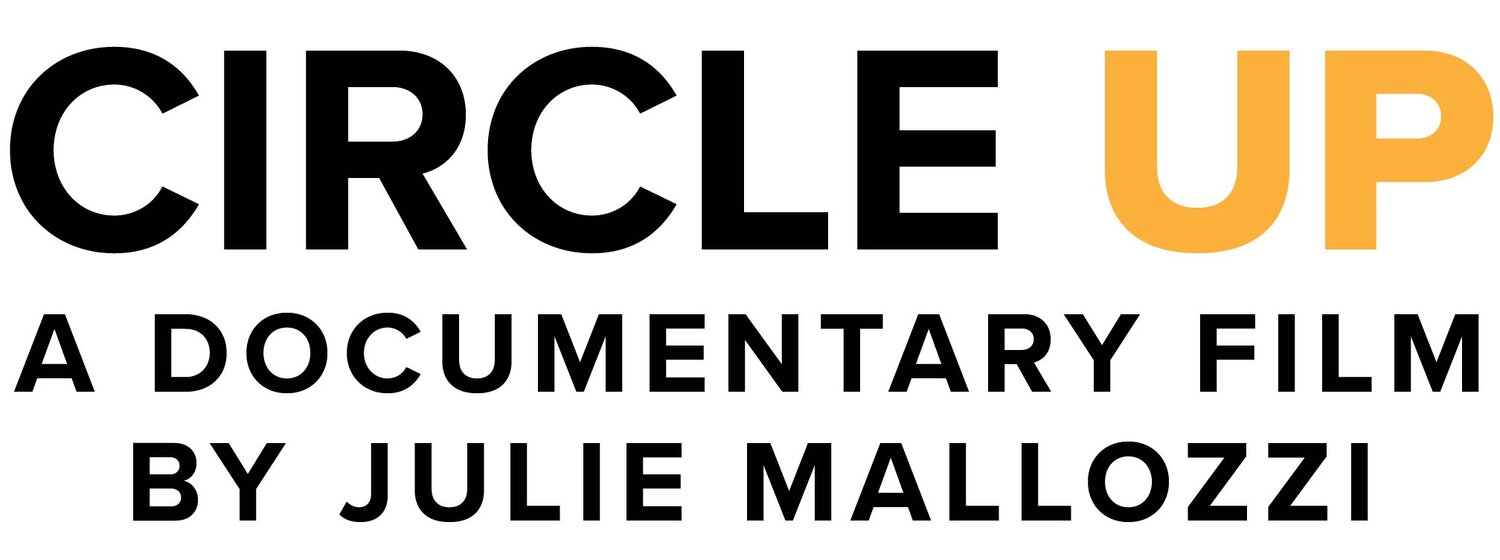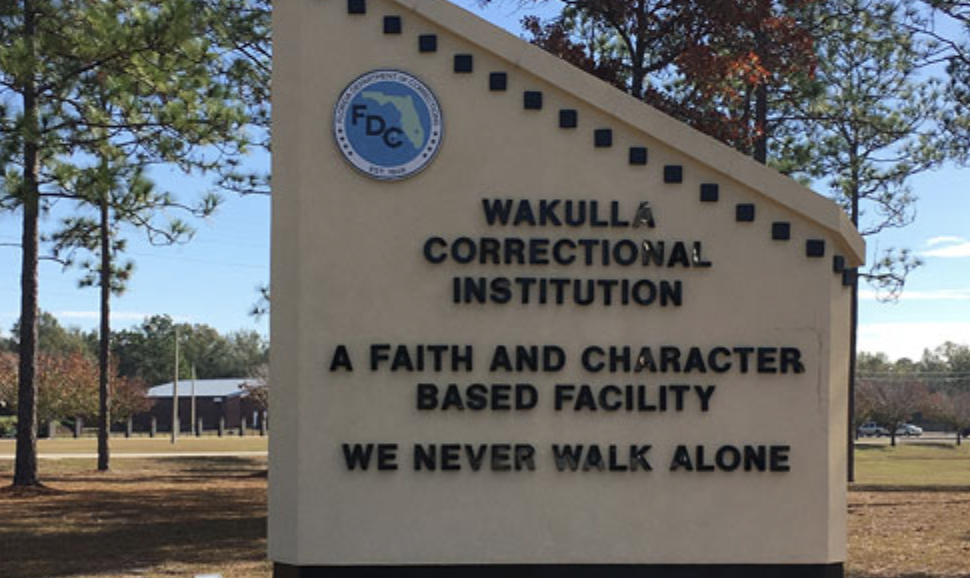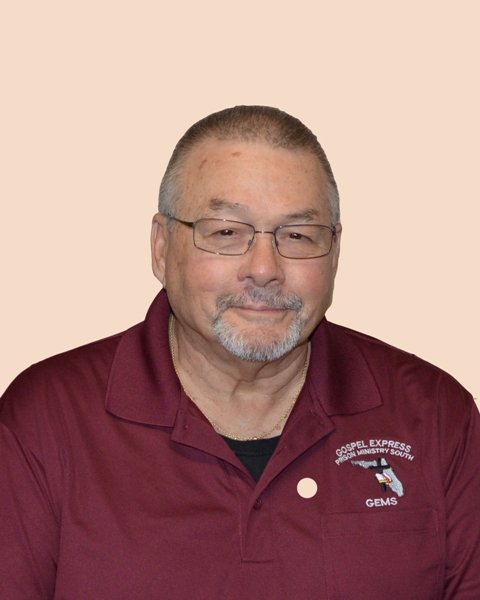Chaplain Gene Presley (above right) has dedicated his life to facilitating workshops for incarcerated populations. He teaches a course called “Peacemaking in Prison” at Wakulla Correctional Institution located outside of Tallahasse, Florida.
“There is so much pain and brokenness, not just in prison, but everywhere in the world. We need awareness of restorative justice and the peace circle process to inform our decisions about conflict, justice, and positive change.”
Presley ‘s course curriculum has four phases:
The first phase focuses on peacemaking through emotional intelligence. Inmates watch documentaries and read books about how emotions operate in the brain and how to de-escalate situations that could otherwise end dangerously.
In the second phase, the men learn about circle-keeping by reading sources such as the Circle Keeper’s Handbook by Kay Pranis. The students wrote values instrumental to circle-keeping on paper plates. One student explained that he drew a donkey on his plate because he is “being a jack-ass” when he is not empathetic :)
In this phase, Presley also shows his students CIRCLE UP. The men respond to the film with reflections on its central themes of forgiveness, accountability, and justice. The stories of Janet and other grieving family members led inmates to consider the effects of their actions on others – and to believe in the potential of relational practices like peacekeeping circles as a way to propel community healing forward.
Below are some excerpts of responses written by Presley’s students.
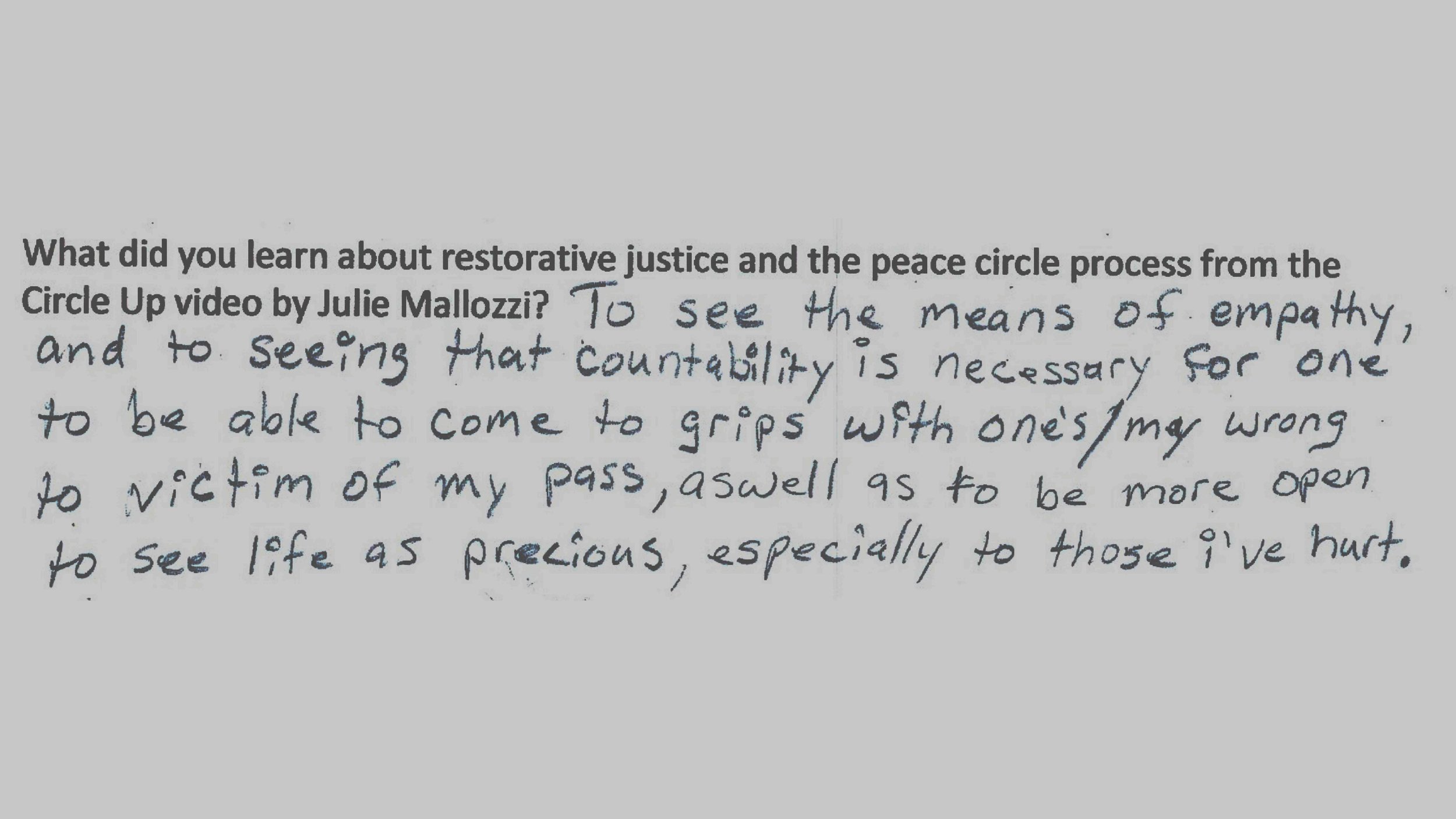
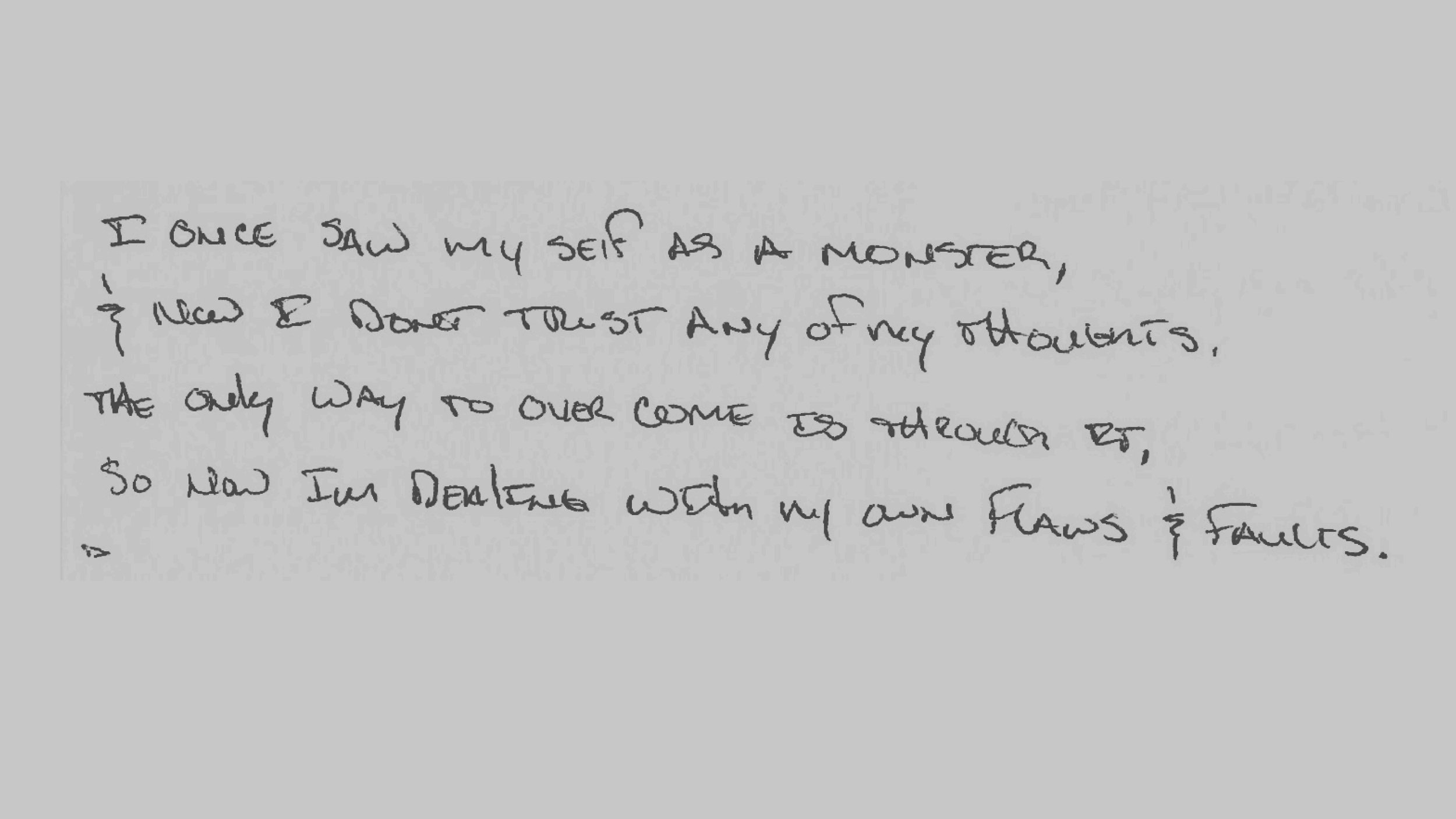



In the third phase, Presley’s students learn mediation and negotiation skills. One resource the students use in this module is a selection of simulations, such as a family mediation simulation, from the Florida Dispute Resolution Center.
The course ends with a phase that teaches students how to become facilitators, which is why Presley refers to his program as being “run by the incarcerated for the incarcerated.” In this part of the course, the students learn about pedagogy, leadership, and ethics. You can read more about Presley’s approach in the article he-co-authored in the spring 2023 issue of Organization Development Journal, "Getting After the Violence: Changing Prison Culture Through Prisoner-Driven Dialogue.”
It is moving to know that CIRCLE UP is one of many resources out there being used for this work, and that there are teachers like Presley who are so invested in their students, and students who are so invested in what they are learning.
